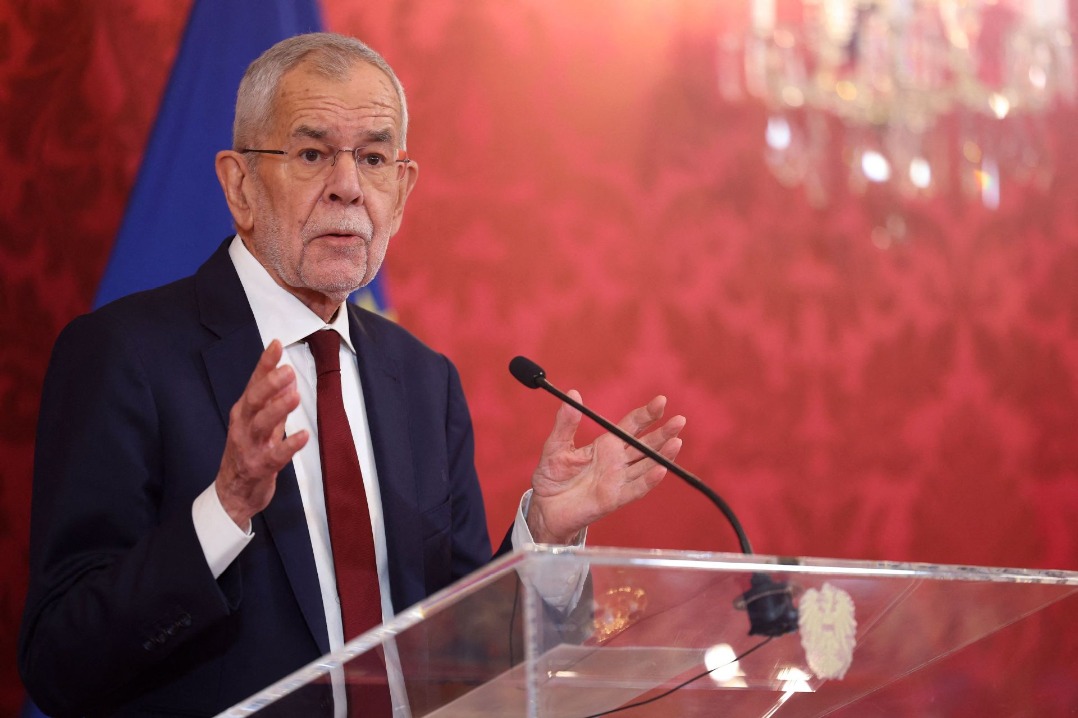Merkel says EU ready to retaliate in escalating trade war with US

BERLIN - German chancellor Angela Merkel (CDU) has sent a warning to US President Donald Trump that the European Union (EU) stands ready to retaliate in an escalating trade war between the two transatlantic powers.
"We will not allow ourselves to be bamboozled repeatedly," Merkel said on German public television "ARD" on Sunday night. The chancellor's comments were made shortly after the US president surprisingly withdrew support for a hard-won joint declaration on free trade signed at the recent Group of Seven (G7) meeting in La Malbaie, Canada.
Merkel described the circumstance that Trump announced his last-minute change of heart via Twitter, an unconventional channel for high-level diplomatic exchanges, as both "sobering" and "disheartening." While the federal government considered the final summit document to still be legally-binding, Germany and the European Union (EU) would not sit and watch idly as the US increasingly resorted to protectionist policies.
According to Merkel, Germany had little choice but to react firmly to the erratic and unilateral approach adopted by Trump if did not want to appear "open to blackmail." The ongoing deterioration of transatlantic relations showcased that Europe had "relied too easily" on Washington in the past and would now have to work towards a more unified and stronger EU to preserve its autonomy on the global stage.
Reacting to the chaotic end of the G7 conference, the Free Democratic Party (FDP) urged Merkel to appear before the federal parliament and explain to delegates how Berlin intended to move forward. FDP parliamentary secretary Marco Buschmann told the German press agency DPA that it was "absolutely necessary" for delegates to be thoroughly de-briefed following the "unprecedented scandal" at the summit.
Speaking to the newspaper "Rheinische Post" on Monday, Peter Beyer (CDU), the federal government's official commissioner for transatlantic relations, admitted that the US withdrawal from the G7 joint statement was a "diplomatic disaster." At the same time, however, Beyer noted that Trump was already known to be "volatile and unreliable" and that may hence change his mind once again on whether to support the conference resolution on free trade.
In the meanwhile, Beyer said, the remaining six members of the group were best-advised to maintain a united front. The EU and other countries affected by new US tariffs on steel and aluminium imports have already brought a legal challenge against the measures before the World Trade Organization (WTO) in Geneva and are currently developing a catalogue of sensitive US exports, including Bourbon whisky and Harley-Davidson motorcycles, to be hit with retaliatory duties.
Speaking to Xinhua on Monday, Juergen Matthes of German Economic Institute (IW), said that Trump had "transformed the G7 into a de-facto G6." While the US could not be formally excluded from the group, Washington had hereby strengthened the desire of the remaining members who were dedicated to multilateralism to cooperate more closely.
Matthes argued that the Trump's "undiplomatic style and threats" made a response on behalf of US trading partners inevitable. Nevertheless, the global community would ultimately just have to "sit out the era of the Twitter-president" and attempt to ward off "irreparable damage to the global trading system" as best as possible.
- Trump says NAFTA renegotiations could lead to trilateral deal or two separate agreements
- Former Canadian PM says US tariffs to dominate G7 summit
- China and EU face a common challenge in safeguarding free trade
- EU hits back at US tariffs as trade war heats up
- US steel tariffs are unjustified, Britain's May tells Trump































